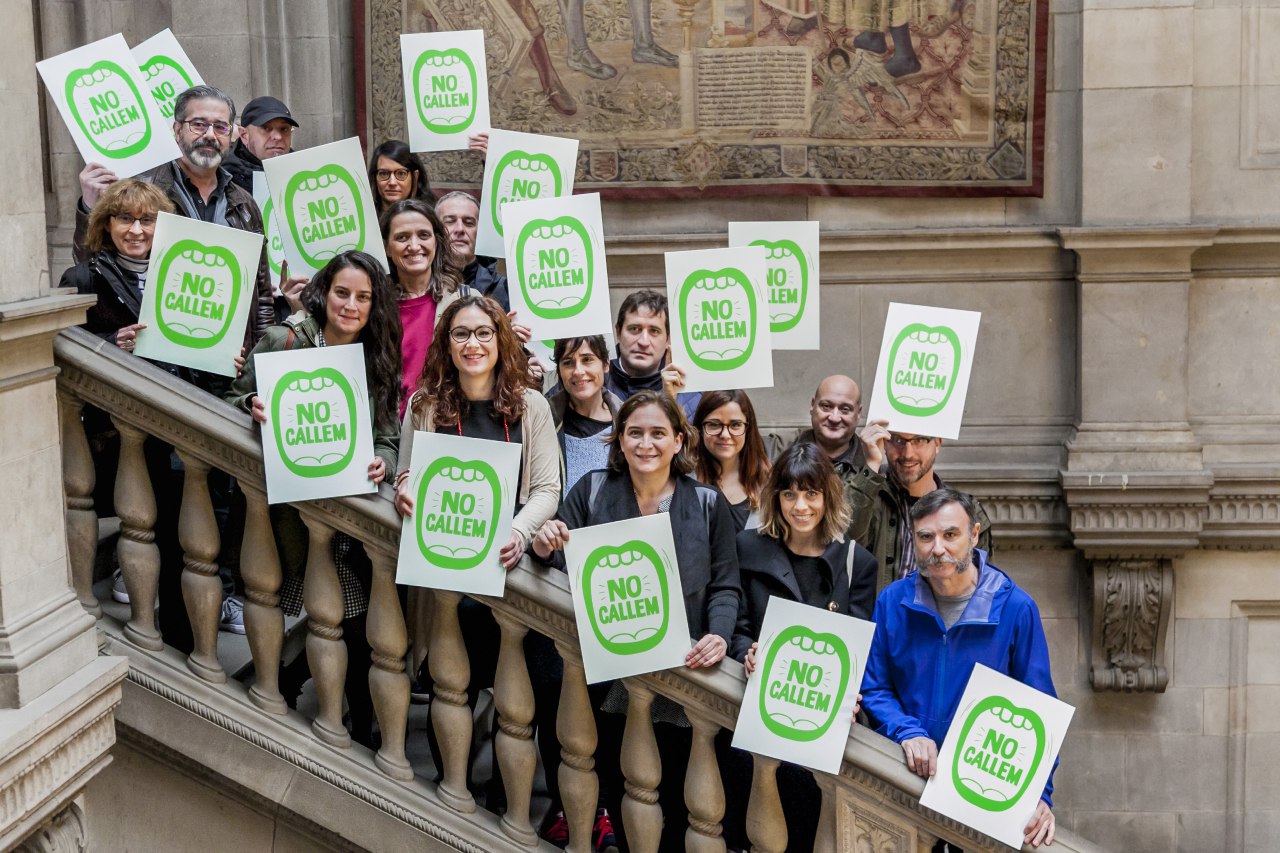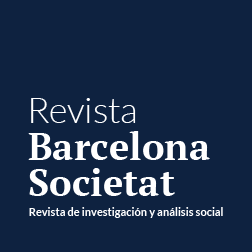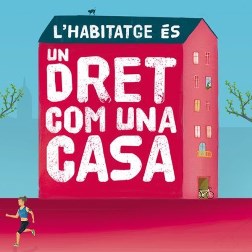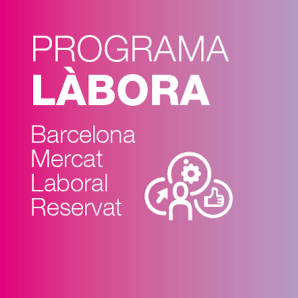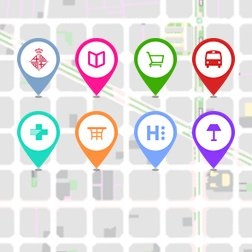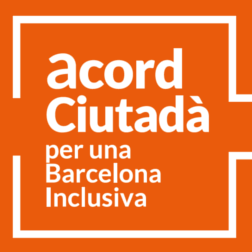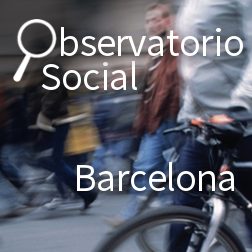Municipal action to drive gender justice
22/03/2023 - 14:53
The implementation of the second Gender Justice Plan 2021-2025 is progressing at a good pace, with 72% of measures completed or currently being executed and 16% scheduled to start this year. Action is aimed at combatting gender inequalities at all levels and in all spheres from a cross-cutting, territorial and local perspective.
The 2nd Gender Justice Plan 2021-2025 builds on the previous plan, with four strategic areas, 36 spheres of action and two periods of execution (from 2021 to 2023 and from 2024 to 2025), and 378 specific measures in all.
Action in the neighbourhoods
Various gender equality projects have been rolled out with a local perspective through the Neighbourhood Plan, with over 16,000 local people taking part. The gender perspective is one of the four spheres of action for the programme, along with community empowerment, public health and equity.
Municipal action
For feminist policy to run through municipal action as a whole, 38 cross-cutting gender units and 52 reference figures have been created in all areas, districts and autonomous bodies, as well as municipal companies and public business organisations.
Employment and enterprise policies
In an effort to combat job insecurity among women and break the wage gap in all sectors, a gender clause has been introduced into the Plan for Sustainable Public Procurement Goals 2022 and advice provided for over 1,800 women at labour rights points.
In the private sector, 726 unemployed women in emergency social situations have gained work contracts through comprehensive employment projects. Enterprise has also had a boost with 70 projects and 153 women taking part in the projects “Construïm en femení” and “Camí de la solidesa”, plus 16 initiatives headed by women in the social and solidarity economy installed at the InnoBAdora business incubation facility.
Community care
Care is essential for sustaining society and is a vital task traditionally carried out exclusively by women. To ensure the well-being of those who care for others and to promote joint responsibility, Barcelona has given priority to the creation of spaces for shared care: Vila Veïna. This pioneering project organises care into local units and is now operating in ten neighbourhoods, having attended to over 4,300 people in 2022. In addition, Barcelona Cuida is a facility centralising all municipal resources for carers and groups who need care. The service has handled 8,000 enquiries.
Male violence towards women
The struggle to combat male violence towards women is one of the cornerstones of the plan, and in the last year this has seen the reactivation of the protocol “We won’t keep quiet” to counter sexual aggression and harassment in forty nightlife venues in the city. The plan to prevent sexual harassment on metro and bus networks has also been introduced and includes an action protocol where risk situations are detected. At the same time, over 2,700 City Police officers have received training to help detect and tackle gender violence.
Housing
A lack of financial independence, job insecurity, or having to face gender violence means many women find themselves in vulnerable situations when it comes to accessing housing. Because of this, 10% of publicly operated flats have been awarded to women and single-mother families, and a protocol established to avoid utilities being cut off for women who suffer some sort of male violence.
Education
With the aim of continuing to promote sexual and gender diversity in different education spaces in the city, 335 primary and secondary schools have received a ten-point plan to reduce gender inequalities in physical education classes. At the same time, 17 publicly operated schools in the city have joined the programme to transform school playgrounds and make them more equal and coeducational spaces through more diverse play.
Municipal Budget
Nearly 85% of the municipal budget is regarded as transformational for inequalities, and between 2021 and 2022 over 42 million euros was awarded in subsidies which include gender criteria and goals.







